Enter a surname, town name or other keyword to search the database. Remember to
allow for the different spellings of 'Mc' and 'Mac.' Good luck!
{Search tips: Use single word search terms for more results}
You must enter some valid character(s) into the search field
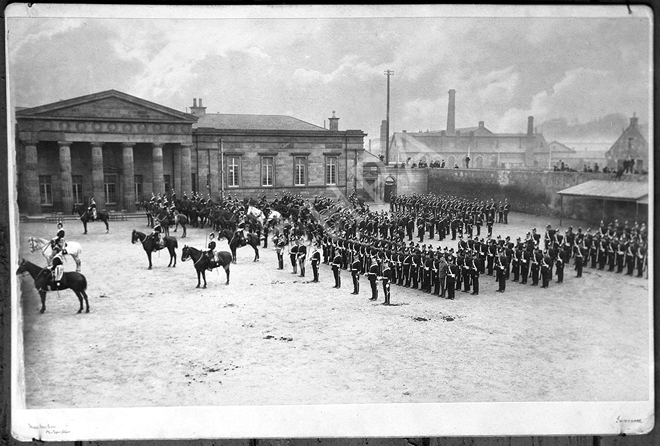
Reference: 458
Volunteer artillery officers o...
|
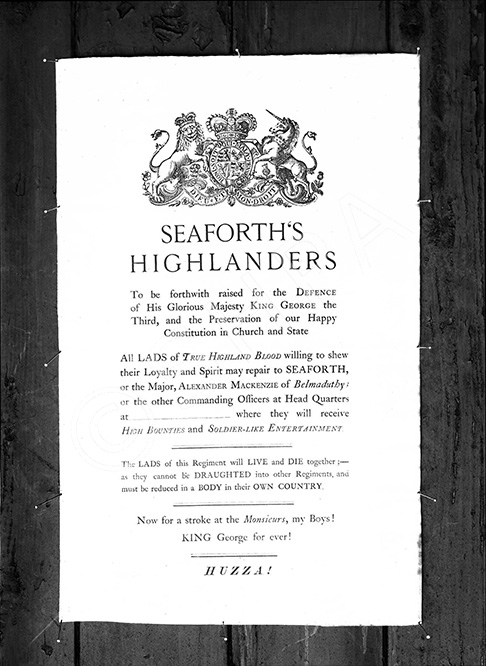
Reference: 237
Seaforth’s recruiting poster a...
|
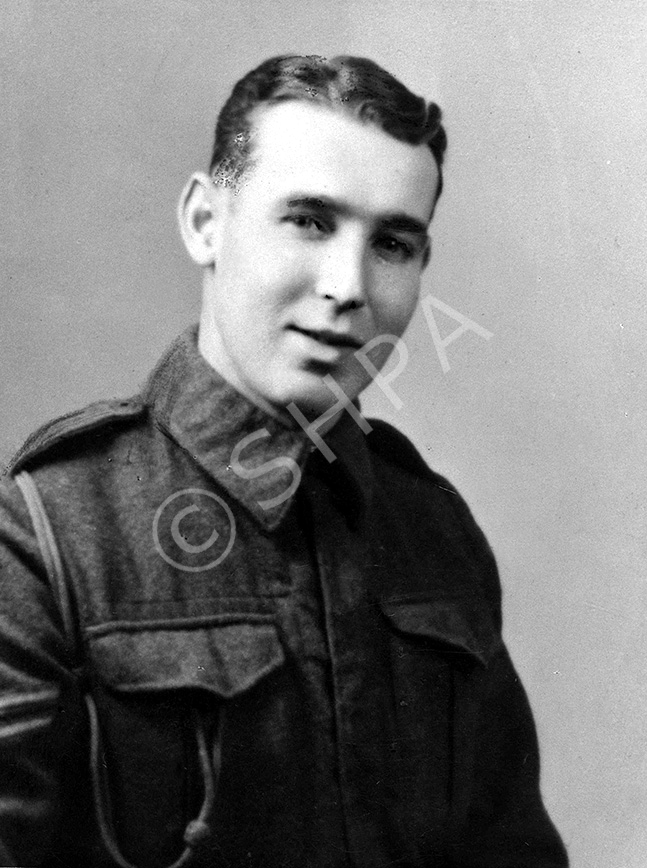
Reference: 215
Maclean, Altas, Lairg. Copy 18...
|
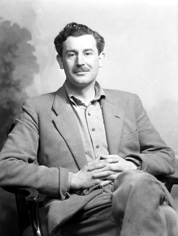
Reference: 40813b
Lord Lovat. Brigadier Simon Ch...
|
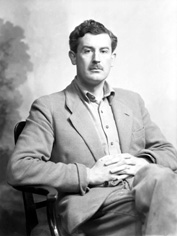
Reference: 40813a
Lord Lovat. Brigadier Simon Ch...
|
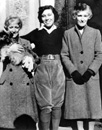
Reference: H-0117b
Copy for Miss Macleod, Women&#...
|
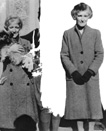
Reference: H-0117a
Copy for Miss Macleod, Women&#...
| | |